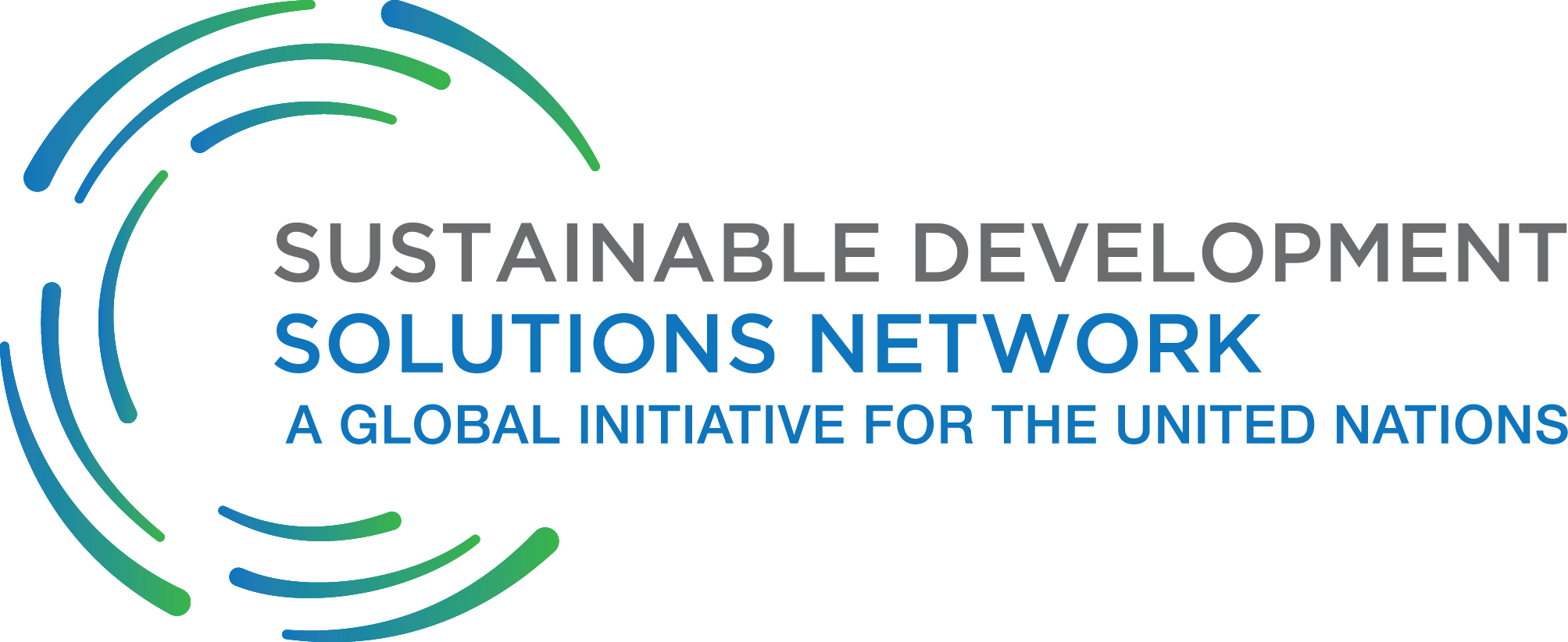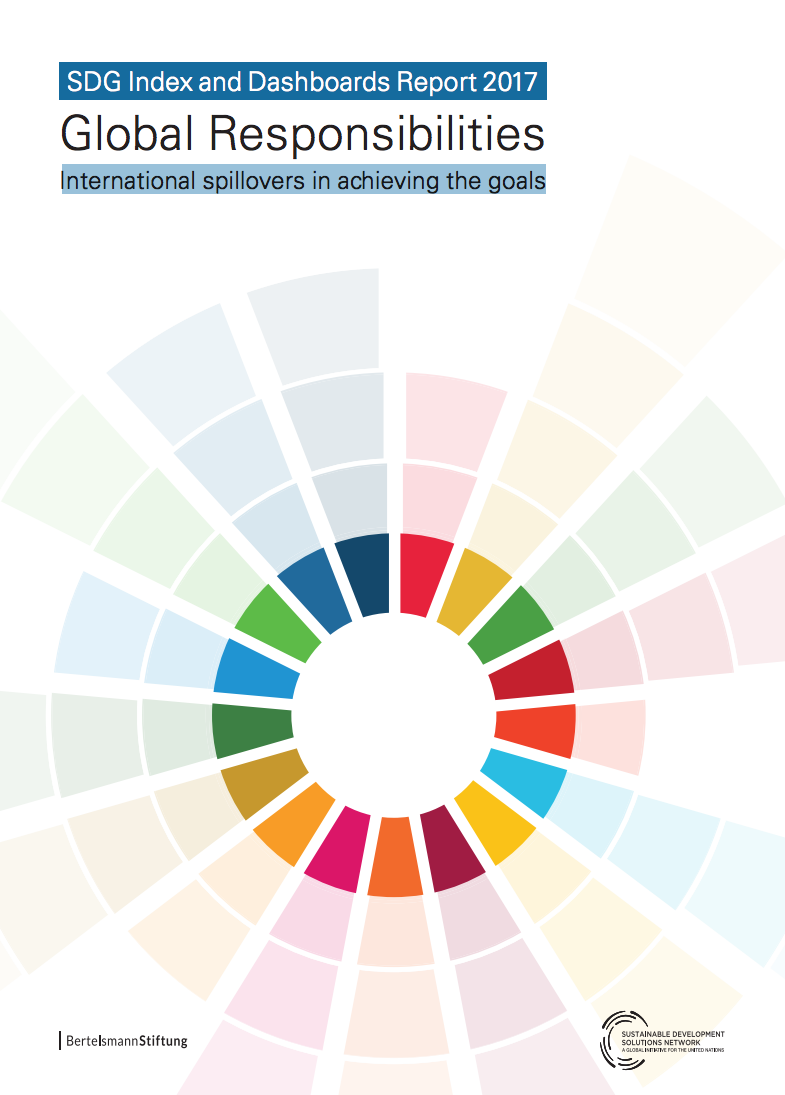Location
The UN Sustainable Development Solutions Network (SDSN) has been operating since 2012 under the auspices of the UN Secretary-General. SDSN mobilizes global scientific and technological expertise to promote practical solutions for sustainable development, including the implementation of the Sustainable Development Goals (SDGs) and the Paris Climate Agreement.
We aim to accelerate joint learning and promote integrated approaches that address the interconnected economic, social, and environmental challenges confronting the world. SDSN works closely with United Nations agencies, multilateral financing institutions, the private sector, and civil society.
The organization and governance of SDSN aims to enable a large number of leaders from all regions and diverse backgrounds to participate in the development of the network. The SDSN Leadership Council brings together global sustainable development leaders from all regions drawn from civil society, public, and private sectors. It acts as the board of SDSN. Much of SDSN’s work is led by National or Regional SDSNs, which mobilize knowledge institutions around the SDGs. Several Thematic Networks mobilize experts from around the world on the technical challenges of implementing the SDGs and the Paris Climate Agreement. SDSN has a small secretariat with offices in New York, New Delhi, and Paris.
Members:
Resources
Displaying 6 - 10 of 112019 Europe Sustainable Development Report
This report comes at a critical time for Europe. The new President and Commission have already committed to a European Green Deal to achieve climate neutrality by 2050. They have further pledged to place the SDGs at the centre of the European Semester – the Union’s framework for the coordination of economic policies across member states. Indeed, in their mission letters each new Commissioner is asked to ensure “the delivery of the United Nations Sustainable Development Goals within their policy area.
Africa SDG Index and Dashboards Report 2019
The 2019 Africa SDG Index and Dashboards Report is a call for action not only to meet the SDGs but also to ensure timely and high-quality data on SDG indicators. The report focuses on the efforts that African governments are taking to incorporate the SDGs into their national strategies, budgets, public engagements, and coordination among branches of government. This report includes all 54 African countries and their country profiles.
2019 US Cities Sustainable Development Report
US cities are at the forefront of the sustainable development challenge. They contain 80% of the country’s population, and therefore have the capacity to make or break SDG achievement (US Census Bureau 2016). But, while crucial to SDG attainment, they Executive Summary cannot accomplish this alone. While 80 percent of US residents live in urban areas, only 3 percent of land is urban; rural and urban areas are deeply interconnected (US Census Bureau 2016).
Arab Region SDG Index and Dashboards Report 2019
The Arab region is a diverse one when it comes to sustainable development. In recent years and decades, we have seen both major success stories in prosperity and stability, but we have also witnessed tragic conflicts and wars. At the same time, the 22 countries of the region are bound together by a common history, language and culture. We share many similar challenges and opportunities. Instability and human insecurity are in no one’s interest.
SDG Index and Dashboards Report 2017
Agenda 2030 and the Sustainable Development Goals (SDGs, Figure 1), which were adopted by all member states of the United Nations in 2015, describe a universal agenda that applies to and must be implemented by all countries, both developed and developing. Sound metrics and data are critical for turning the SDGs into practical tools for problem-solving by (i) mobilizing governments, academia, civil society, and business; (ii) providing a report card to track progress and ensure accountability; and (iii) serving as a management tool for the transformations needed to achieve the SDGs by 2030.



